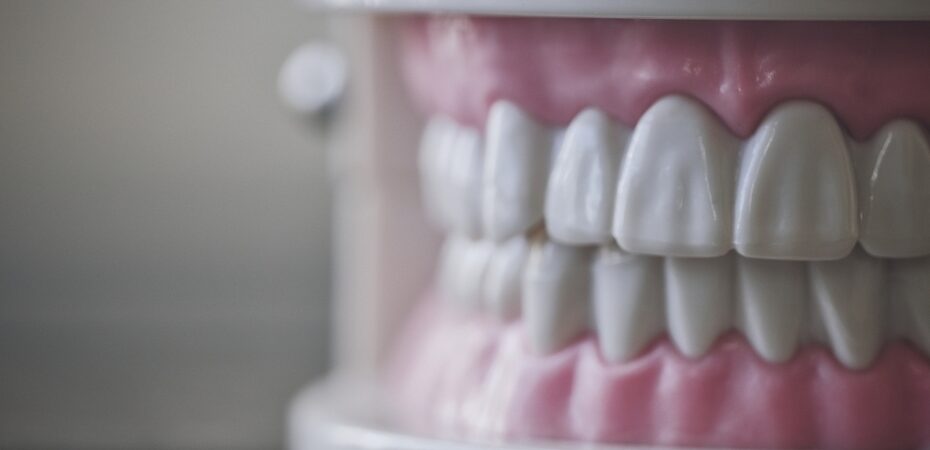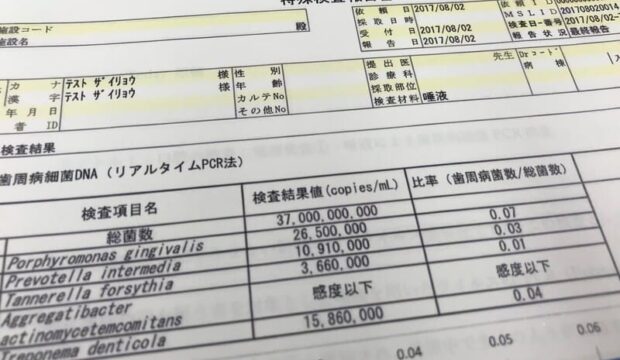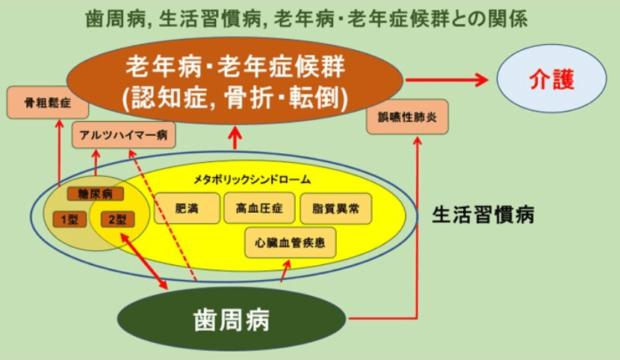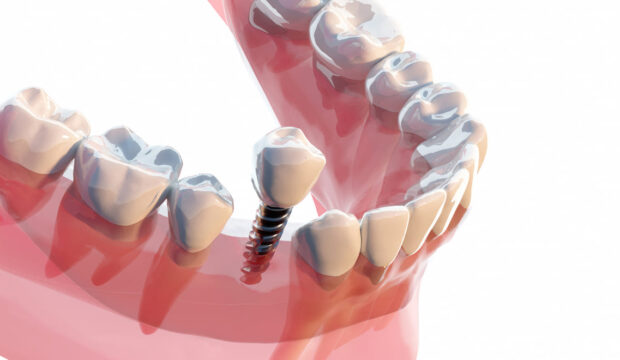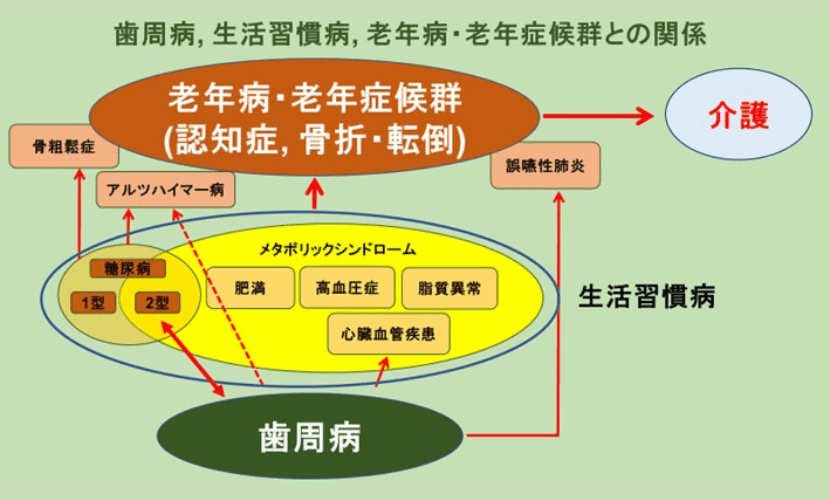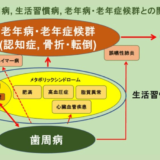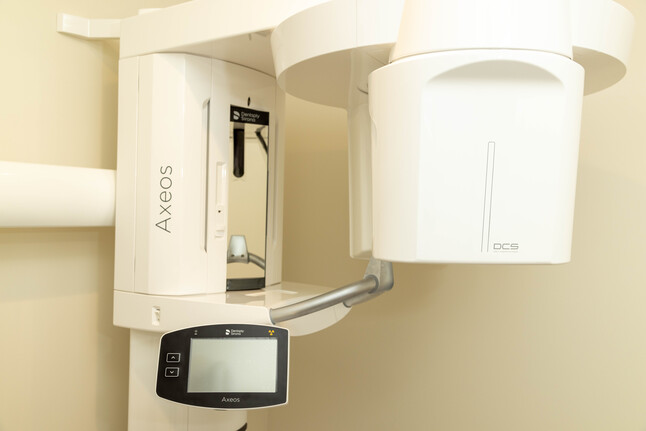In recent times, dentistry has shifted from traditional treatment to prevention and management. It has transitioned from treating dental and periodontal tissues in patients without underlying diseases (healthy individuals) to treating the elderly with higher risks and complexities associated with aging.
Amidst this scenario, periodontal disease is now understood not just as a localized infection in the oral cavity but also as a persistent chronic inflammatory disease with systemic effects through sustained inflammation originating from periodontal pockets.
Causal relationships and associations between periodontal disease and systemic conditions have been reported. Bacteria and various inflammatory substances from periodontal tissues affected by periodontal disease can influence the body systemically via the bloodstream. Reports have linked this systemic influence to conditions such as diabetes, cardiovascular diseases, obesity/metabolic syndrome, aspiration pneumonia, and low birth weight/preterm birth.
Moreover, the major causes for requiring care are lifestyle-related diseases and geriatric syndromes like dementia, falls, and fractures.
Lifestyle-related diseases are also associated with geriatric syndromes. All these conditions have been extensively studied for their connections to periodontal disease, suggesting its importance in preventing care dependency and extending healthy lifespan in the super-aging society.
Furthermore, periodontal treatment for the elderly should not only focus on addressing existing problems but also anticipate issues from infancy through old age.
While dental treatment has historically been categorized by life stages – infancy, adulthood, and old age – a life-course approach should be adopted for periodontal treatment.
Severe periodontal diseases among the elderly can potentially be mitigated by comprehensive periodontal treatment provided during infancy and adulthood, thereby preventing the development and worsening of lifestyle-related diseases and offering preventive measures during old age.
The number of individuals aged 80 and above with 20 or more teeth (achieving the “8020 movement”) was 51.2% according to the 2016 survey on dental conditions. This number is expected to increase further in the future.
However, the percentage of individuals aged 75 and above with periodontal pockets of 4mm or more has also been increasing in proportion to the 8020 achievers.
With the advent of unprecedented super-aging society globally and our country leading in this field, preventing care dependency and extending healthy lifespan through periodontal disease treatment is of paramount importance.
Therefore, it’s necessary to establish the significance of periodontal disease treatment as a means of preventing care dependency and contributing to healthy lifespan.
Department of Conservative Dentistry Matsumoto Dental University
Authored by: Professor Nobuo Yoshinari
Source: Matsumoto Dental University “CampusToday No.473”




